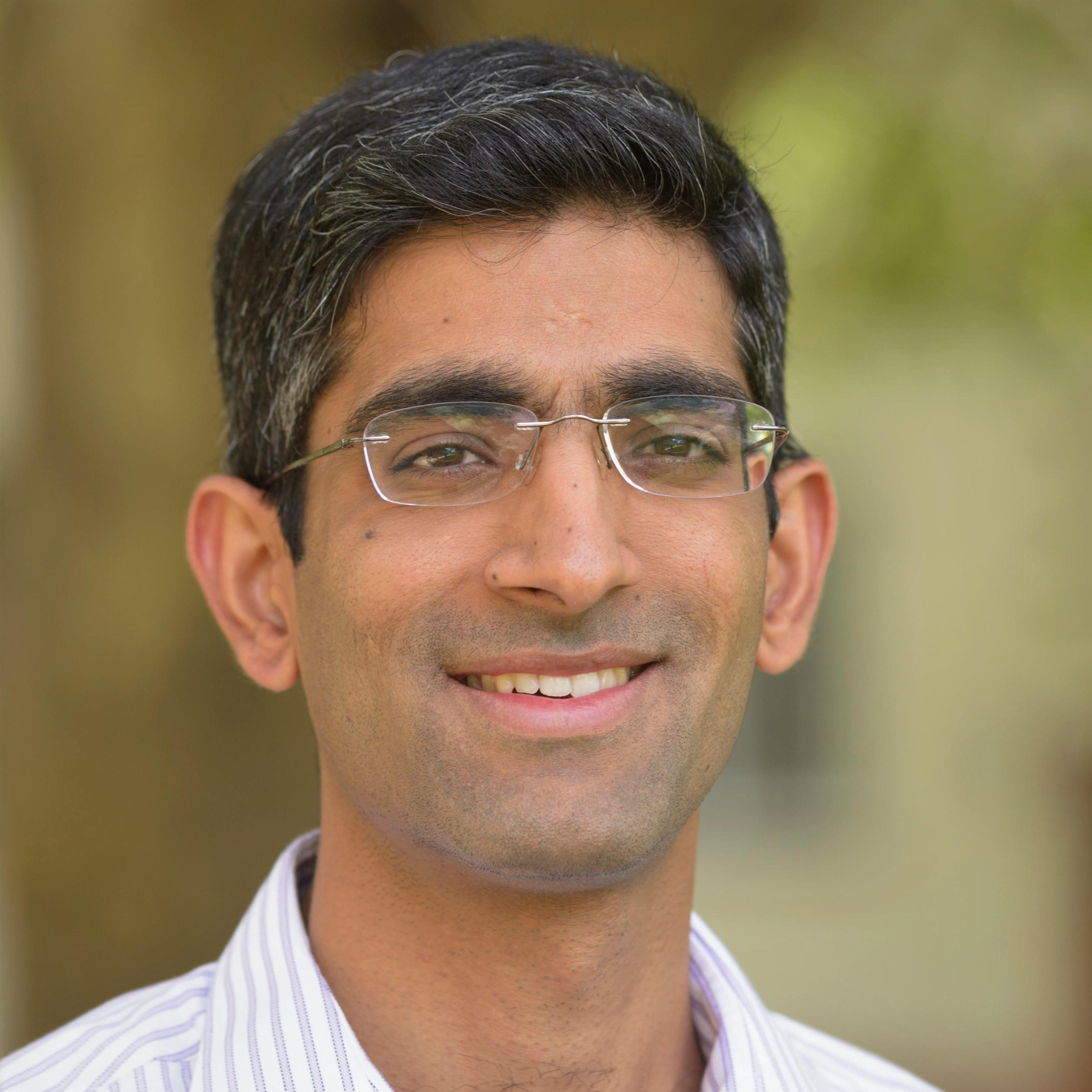| University | University of Groningen (UG) |
| Institute and/or group | Kapteyn Astronomical Institute (Kapteyn) |
| Advisors | Prof. dr. Floris van der Tak (UG), Prof. dr. Franjo Weissing (UG) |
| oLife Research Areas | I. Planetary preconditions and boundary conditions of Life, and its origins here on Earth IV. Distribution of Life across the universe |
| Start date
End date Next career step |
June 1, 2020
February 28, 2022 University of Western Australia |
Profile of the fellow
Aditya (Adi) Chopra is a planetary scientist and astrobiologist. He is interested in understanding planetary habitability, and the origin and evolution of life on Earth through chemical and genomic analysis of extant life and its environments. Adi completed his undergraduate degree in Chemistry at the University of Western Australia, graduating with 1st class Honours in Astronomy, before pursuing a PhD in Earth Sciences at the Australian National University. The focus of his PhD research was the elemental composition of life forms and their environments, and the astrophysical, geochemical and biological constraints on planetary habitability.
Adi has been awarded an Australia Awards Endeavour Postdoctoral Fellowship and was a visiting Research Fellow at both the University of Hawaii and the University of Washington. He was a researcher in the 2018 NASA Frontier Development Lab where he helped develop a cloud-computing framework to explore the hyperspace of habitable of exoplanetary atmospheres. Currently, Adi’s research investigates the role of biological regulation in maintaining a liquid water inventory on rocky planets over billions of years.
The co-evolution of extraterrestrial atmospheres and alien biospheres
Planetary habitability is about the complex and co-evolving relationship between life and its environment. It is plausible that soon after life emerged on Earth, its metabolisms may have had the potential to modulate the greenhouse gas composition of the atmosphere. The emergence of life’s ability to regulate initially non-biological feedback mechanisms (Gaian regulation) could be the most significant factor responsible for life’s persistence on Earth.
Adi’s research will explore the type and extent of chemical disequilibrium that planetary-scale biological processes could impart on different planetary atmospheres. This research could one day help us to interpret the remotely detectable signatures observed in atmospheres of exoplanets by future telescopes that may be indicative of biological processes on the planetary surface.
As an oLife Fellow, Adi also plans to investigate the evolution of the chemical composition of life on Earth. Understanding the fractionation of elements between ancient microbial life forms and their environments over Earth’s approximate 4-billion-year history will give us valuable insight into the factors responsible for the selection of specific elemental ratios by life on Earth and offer clues to the nature of life in the universe.

Dr. Adi Chopra
